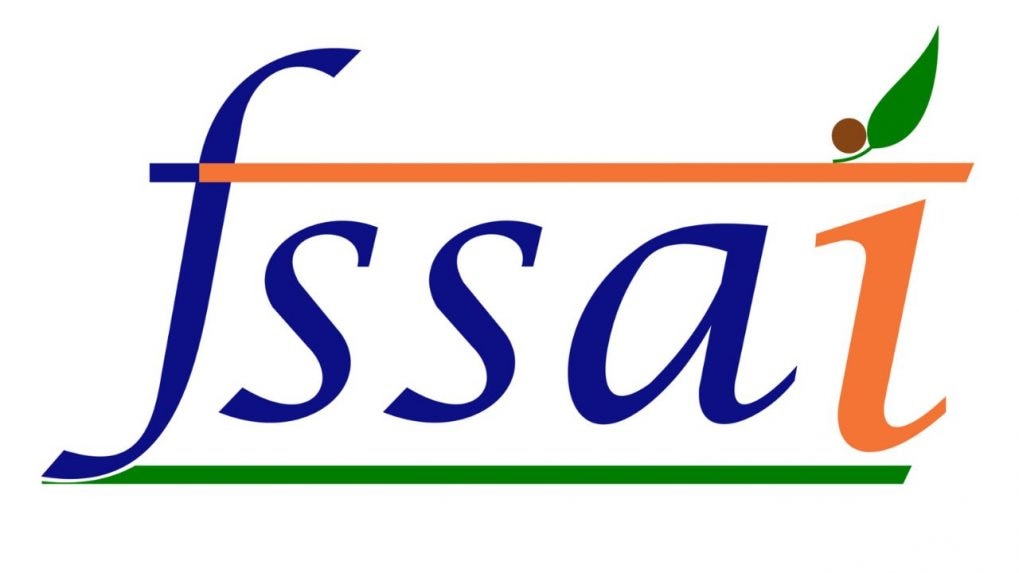Brand Makers
Dil Ka Jod Hai, Tootega Nahin

The Food Safety and Standards Authority of India (FSSAI) has issued a comprehensive advisory for foodtech platforms, following an increase in complaints related to food products sold online. The new guidelines, announced on December 3, Tuesday, are aimed at enhancing consumer safety and ensuring the integrity of food products sold through food delivery and quick commerce platforms.
The advisory outlines five key measures that foodtech platforms must adopt to improve food safety. These includes training for delivery executives, separate delivery of food and non-food items, FSSAI licensing and registration, product claims alignment, and shelf life requirements and hygiene ratings.
As per FSSAI's new guidelines, the importance of training last-mile delivery personnel in proper food safety and hygiene practices will be emphasised. This training should focus on safe handling, transportation, and sanitation of food to prevent contamination, as well as ensuring personal hygiene.
To prevent cross-contamination, foodtech platforms are instructed to ensure that food and non-food items are delivered separately. The FSSAI has also made it mandatory for foodtech platforms to display the FSSAI licence or registration numbers of sellers listed on their platforms. This ensures that all sellers are compliant with food safety regulations.
Quick commerce platforms are required to ensure that all product claims align with the information provided on the product's physical label. Unsubstantiated claims are prohibited, and the FSSAI has warned of regulatory action against platforms engaging in misleading or unsupported claims. The FSSAI mandates that food products delivered must have at least 30% of their shelf life remaining, or a minimum of 45 days before expiry, at the time of delivery. Additionally, platforms must prominently display hygiene ratings to help consumers make informed purchasing decisions.
These new directives come in the wake of several food safety concerns involving foodtech companies. A recent FSSAI inspection found incorrectly labeled products at Zomato’s Hyperpure warehouse in Hyderabad, while other incidents, such as a finger being found in an ice cream ordered from Zepto, have raised alarms over the safety standards in the online food delivery industry.
"The raucous, almost deafening, cuss words from the heartland that Piyush Pandey used with gay abandon turned things upside down in the old world order."
Read MoreFrom OpenAI’s ChatGPT-powered Atlas to Microsoft’s Copilot-enabled Edge, a new generation of AI-first browsers is transforming how people search, surf and interact online — and reshaping the future of digital advertising.